Paris-based PASQAL, a company that provides quantum processors for use in complex computing challenges, announced on Tuesday that it has raised €100M in a Series B round of funding.
The investment was led by new investor Singapore-based global investment company Temasek. Other new investors include the European Innovation Council (EIC) Fund, Wa’ed Ventures and Bpifrance through its Large Venture Fund.
Existing investors Quantonation, the Defense Innovation Fund, Daphni, and Eni Next also participated in this round.
Nicklas Bergman, EIC Fund advisor, says, “We are proud to invest in a startup we’ve been following for years that is working on a very high-impact technology that will solve some of the world’s most pressing computational challenges across industries. PASQAL’s innovation in the quantum computing space has made them an industry leader in Europe and globally.”
PASQAL: Everything you need to know
PASQAL is building quantum computers made of arrays of hundreds of atoms controlled and addressed by laser beams. To be specific, the neutral atoms trapped in optical tweezers are addressed with laser light with pinpoint accuracy to realise quantum processors on-demand with high connectivity and at an unprecedented scale, above 100 qubits and towards the 1000 qubits threshold.
A qubit is a quantum bit that is similar to a binary digit or a bit of classical computing. Qubit is the basic unit of information in a quantum computer.
Based in Palaiseau and Massy in the south of Paris, France, the company aims to bring practical quantum advantage to its customers, in particular in the fields of quantum simulation and optimisation.
The company was founded in 2019 out of the Institut d’Optique, by Georges-Olivier Reymond, Christophe Jurczak, Prof Dr Alain Aspect (Nobel Prize Laureate Physics, 2022), Dr Antoine Browaeys, and Dr Thierry Lahaye.
Capital utilisation
PASQAL says it will use the funds to further develop its neutral atoms quantum computing platform and accelerate its R&D efforts to build a 1,000-qubit quantum computer in the short term and fault-tolerant architectures in the long term.
The company also intends to expand the development of its algorithms for clients in key industries such as energy, chemistry, automotive, mobility, healthcare, enterprise technology, finance, and government, as well as increase the production of its quantum systems for on-premise installations.
The money will also be used by PASQAL to expand its reach internationally. This year, the company wants to expand its operations in Europe and North America, while also opening offices in the Middle East and Asia and hopes to double its staff of 100 people.
How is PASQAL helping its clients?
PASQAL is engaged with many Global Fortune 500 companies. Recently, it released a research with Crédit Agricole CIB, the world’s largest cooperative financial institution, demonstrating that PASQAL’s technology could handle challenging financial optimisation issues with the same precision as conventional computers.
The largest chemical company in the world, BASF, is investigating how PASQAL’s technology can be used to forecast weather patterns. While carmaker BMW is also utilising PASQAL’s algorithms to streamline complicated simulations that can be utilised for crash testing and the creation of lighter components and materials. Other clients of PASQAL include Siemens, Airbus, LG Electronics, Johnson & Johnson, and Thales.
According to PASQAL, it has agreements with some of the biggest names in the energy industry, including one with Aramco and a collaboration for fast-tracking industrial applications with Eni.
Additionally, PASQAL recently partnered with EDF, Exaion Inc., and the Quantum Innovation Zone to create QuaTERA (Quantum Technologies Energy Result Accelerator), the first public centre of excellence for creating sustainable energy solutions utilising HPC and quantum computing.




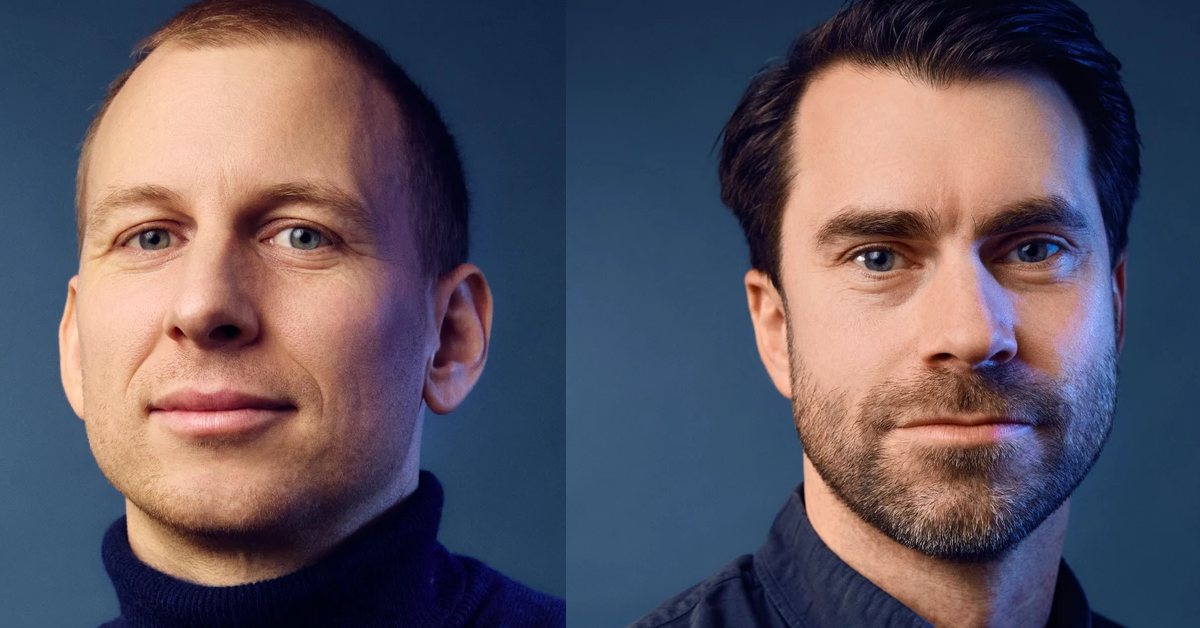
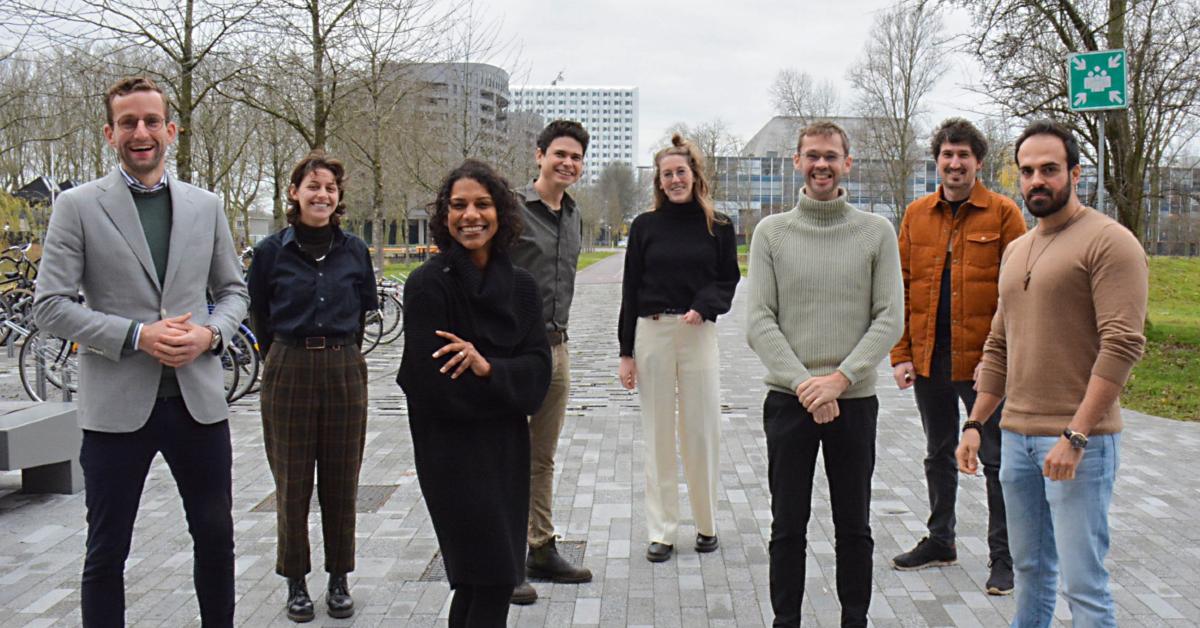
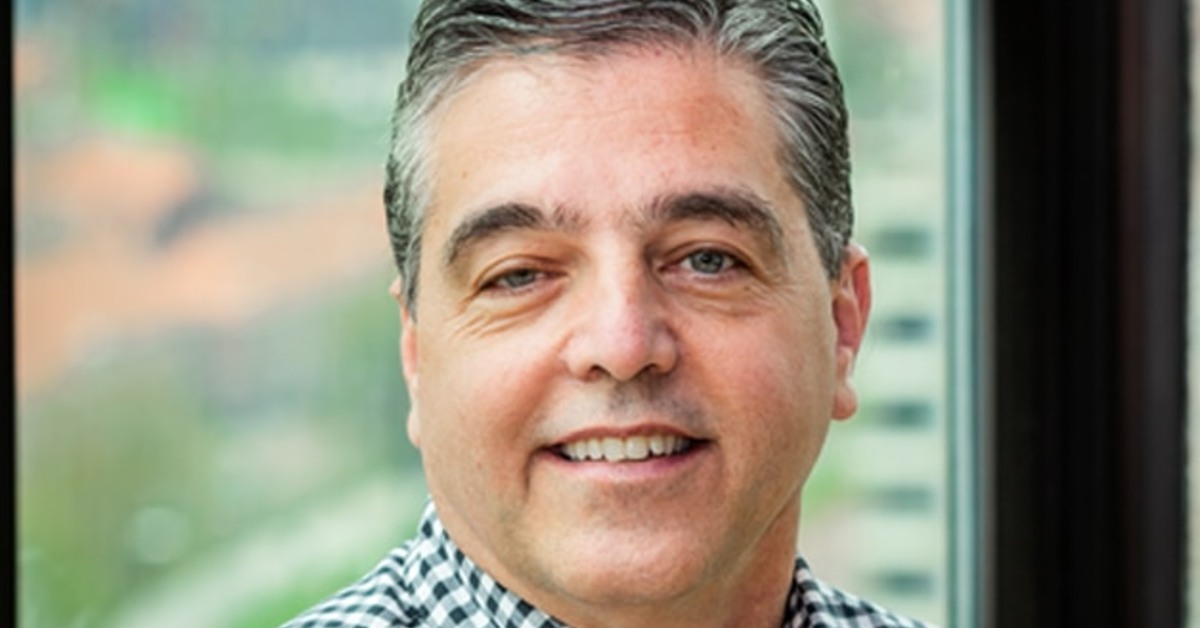
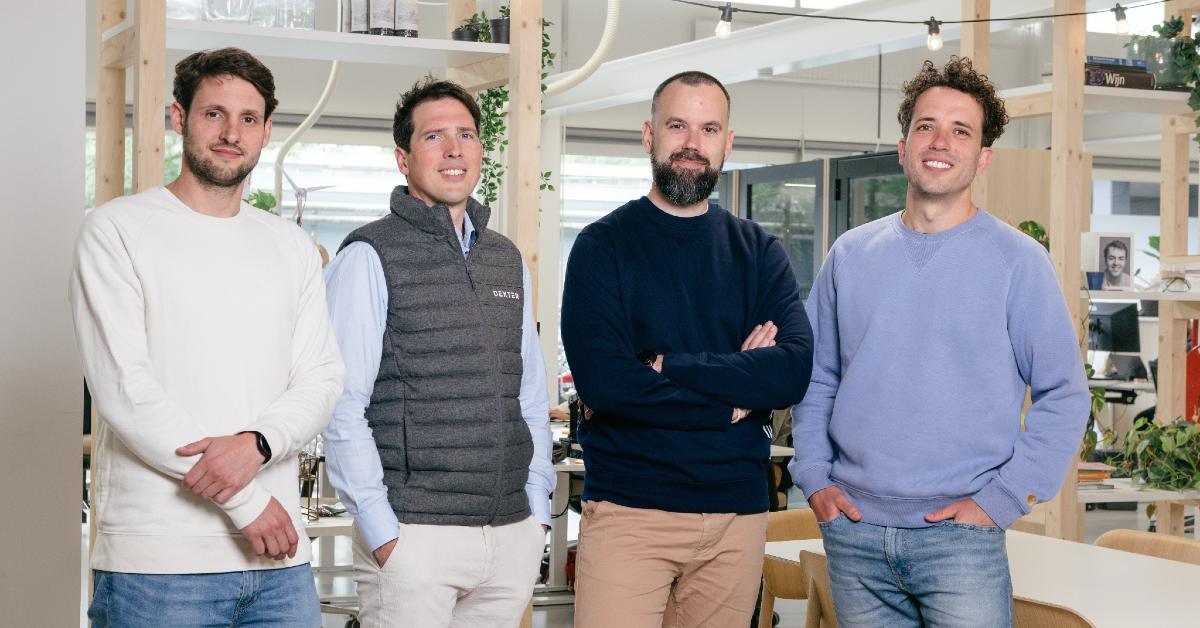
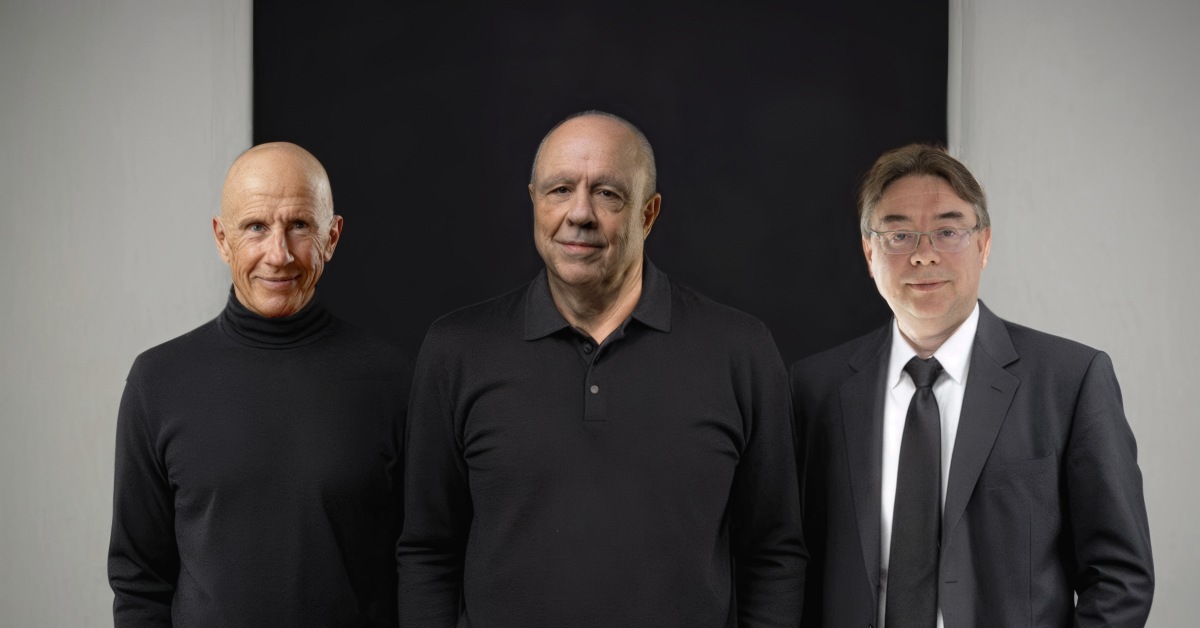

01
From telecom veteran to Dutch Startup Visa success: The Jignesh Dave story